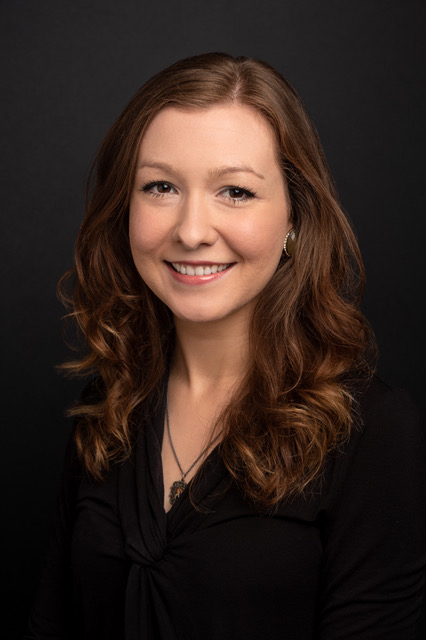What did you enjoy about being a student at Templeton Honors College?
 Mary Elliot ('16)
Mary Elliot ('16)
Major: Philosophy, Sociology, and Economics (combined major)
Current Job: Assistant Director, Boston College Lonergan Institute
Some of my favorite memories of Templeton are of time spent with members of my cohort and our professors—what a gift to spend four years with same small group of fellow learners, reading great texts together, engaged in the joint pursuit of living a meaningful life!
What were some of its best features?
The curriculum of Templeton is unmatched, even by other great books and classical programs. I think this is because it is paired with Eastern University, which offers not only a gorgeous natural campus but resources that larger universities lack, like a functioning observatory with a master astronomer, making cosmology more than just memorizing equations or reading about their significance. The courses come to life because of the care that is put into Templeton’s overall work of formation, which is expected and even set up to continue outside of the traditional classroom.
How did Templeton help prepare you for your chosen career path?
I am currently the assistant director of Boston College’s “living memorial” to the philosopher and theologian Bernard Lonergan, S.J. He once described the “pure question” as the notion that “before we look for answers we want them.” When I entered Templeton along with other members of my cohort, many of us lacked a background in classical education but brought a desire for answering the big questions about justice, truth, suffering, and, of course, God. Asking these questions together while reading great texts like Sophocles’ Antigone and M.L.K.’s Why We Can’t Wait helped us make small progresses. While our answers sometimes conflicted, and we knew the questions might take another year or decade or life to understand, our conversations strengthened that initial “wanting.” Four years at Templeton prepared me with a confidence in the intelligibility of the created world—that it is open to us, to our questions, to our deepest desires to understand. This same stance is now a grounding tenet of my career in Jesuit education. Much of my day to day work is spent guiding graduate students in studies and in life, assisting international scholars with research, muddying through administrative work as well as creating spaces of hospitality and friendship. But all of this is built on the foundation I received at Templeton, both its academic curriculum and the formative elements that shape students to see questioning (and, eventually, reaching some answers!) as one of the most human activities we can engage in.
How did Templeton help shape you intellectually, personally, or spiritually?
I will never forget the “Aha!” moment so many of us had in our senior capstone course at Templeton. We were reading, of all things, J.R. R. Tolkien’s Leaf by Niggle. I had spent most of my (very brief!) life so far expecting that my greatest contributions to the world would be through my career, and that was what was meant by my vocation. But the heart of Tolkien’s story is when the main character discovers it was actually the interruptions of life—his own weaknesses, the burdens of his neighbor—that constitute the true masterpiece of his vocation, not the independent, creative ventures he was once so sure of. That was revelatory for me and others in my cohort, and continues to be today. Templeton prepared us to continue on to successful careers. But it also set a high bar of what a good life really looks like, in all its complexity and sacrifice. That personal and spiritual formation helped ready me and my husband (another Templeton alum!) to make difficult decisions that have, ultimately, meant our great happiness.








